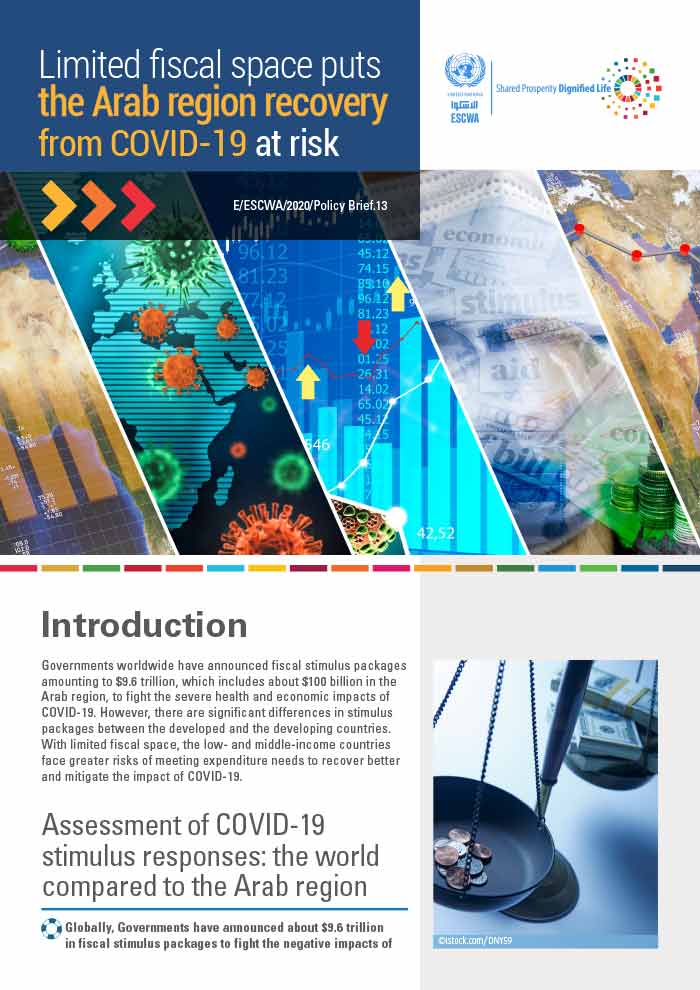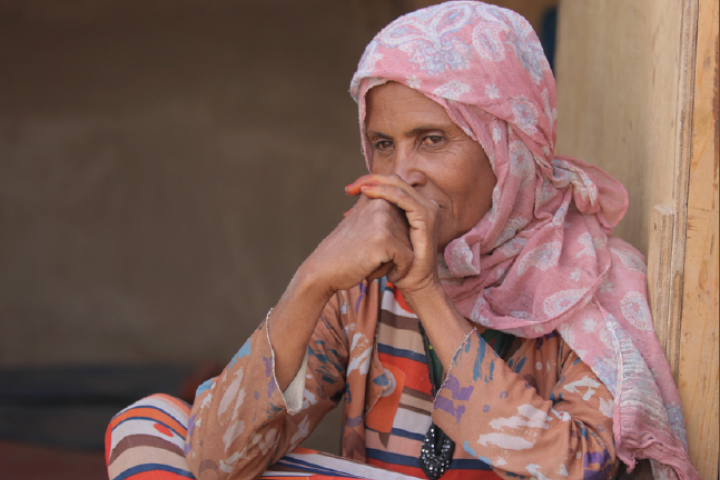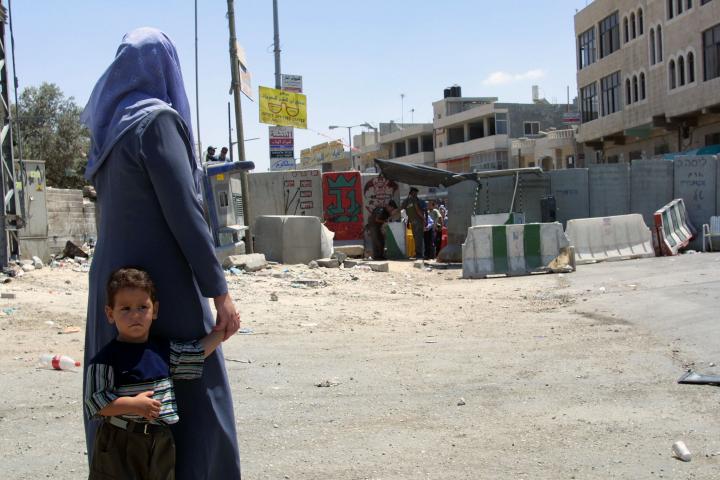Beirut, 3 July 2020--Fiscal stimulus packages announced by Arab Governments, amounting to about $102 billion, are not sufficient for recovery from COVID-19, as low- and middle-income countries need at least an additional $50 billion to mitigate impact. A new policy brief (attached) issued today by the United Nations Economic and Social Commission for Western Asia (ESCWA) sheds light on this deficit, and offers solutions for the Arab region to bridge financing gaps and recover better.
The region’s fiscal stimulus plans constitute only 1% of global ones in terms of cost, and Arab central banks’ measures to inject additional liquidity amount to nearly 3% of global liquidity support. Average government fiscal stimulus as a share of gross domestic product (GDP) is nearly 4% in the region, which is about one third only of the global stimulus share of GDP.
Commenting on those figures, ESCWA Executive Secretary Rola Dashti said: “Our region is in dire need for more. Stimulus effectiveness will also require appropriate channelling of investments, through smart spending, into survival—survival of people and survival of businesses.”
According to the study, 94% of the announced stimulus to businesses in the region consists of soft loans, in addition to other measures such as interest deferment and cash-flow assistance. The study also highlights lack of unemployment support, with only few Arab countries providing compensation to employees who have lost jobs due to the pandemic.
The study concludes with recommendations on additional recovery measures. It proposes that official creditors extend debt service moratorium to highly indebted Arab middle-income and least developed countries, which can free up about $15 billion in foreign currency. It also calls for increased access to concessional loans for improved Sustainable Development Goal (SDG) financing.
As she stressed the importance of upholding global commitments on official development assistance (ODA) delivery, at least by maintaining current levels to avert possible shortfalls in health spending in the region, Dashti added: “Wealthiest countries need to stand in solidarity and contribute to a regional social solidarity fund that would support the poor and vulnerable, and create opportunities for them.”
The policy brief is part of a series of impact assessments of COVID-19 undertaken by ESCWA to support Arab Governments in joining efforts to mitigate the effects of the pandemic.
About ESCWA
One of five United Nations regional commissions, ESCWA supports inclusive and sustainable economic and social development in Arab States, and works on enhancing regional integration.
For more information:
Ms. Maryam Sleiman, Public Information Assistant, +961-81-769-888; sleiman2@un.org
Ms. Rania Harb, Public Information Assistant, +961-70-008-879; harb1@un.org




